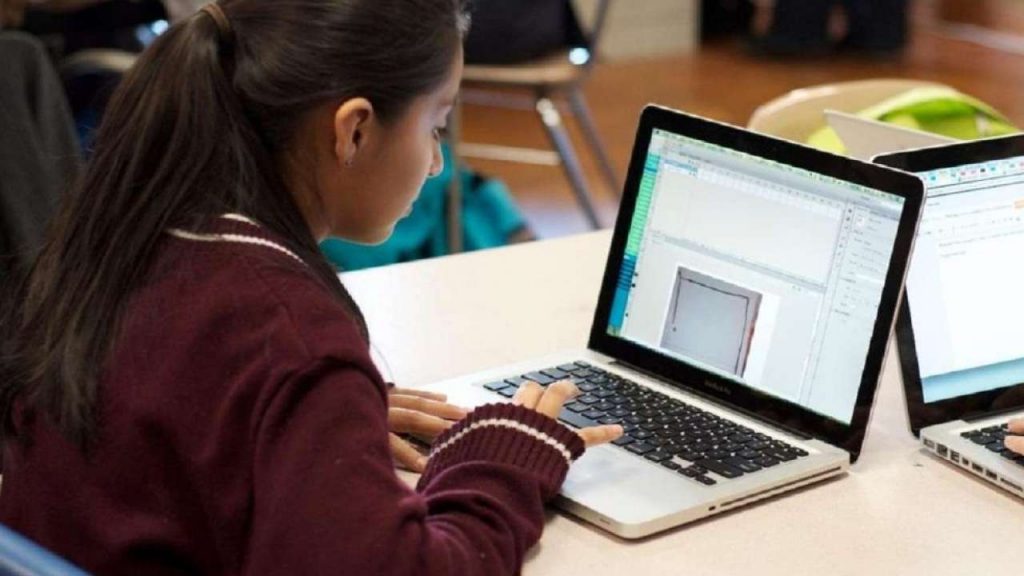
Digitizing education
Digitizing education in India has its own set of challenges
While Covid-19 has created havoc in the Indian education system, online learning has been a savior in this unprecedented time. This period has marked the growth of the edtech industry in India like never before. Edtech companies are gaining massive funding and investments, and recording the highest number of users. However, let’s not forget that this pandemic has forced education institutions to go online and not something voluntarily that schools have adopted. While India is on its path of digitizing education completely, challenges are knocking at the door relentlessly.
Lack of digital infrastructure, stable internet connection, smart devices, lack of digital skills, etc. are big problems for many students as well as teachers. Currently, as online learning is the only way to build a career, students who don’t have proper digital infrastructure and facilities will definitely lag behind. This will create a gap and will reflect in their future careers. This is one of the reasons students are attempting suicides in West Bengal, Kerala, and Assam.
Further, the cost of digitizing education is higher than anticipated. Majority of the non-aided institutes in India function solely on the donations they receive or fees of the students. After paying for salaries and necessary bills, hardly any money is left to support a fully functional support team and digital equipment.
To solve this challenge, we should encourage Indian edtech startups and companies to develop cost-effective digital infrastructure and tools that Indian institutes can deploy. India can also collaborate with other developed nations to create cutting-edge platforms for better digital functionality of the Indian education system.
While online learning is the new norm of the Indian education system, most people neglect the fact that rural education is hampered due to strict lockdowns. Rural schools and Tier III education institutes cannot afford to deploy online learning platforms. Even if they can, students cannot afford the expense of internet connection and laptops.
However, to solve this issue, the government should foster creating free standardised content that can be imparted through existing platforms such as radio and television. Focus should also be given to standardised assessments to make sure that learning through such platforms is effectively helping students learn.
Another challenge is the lack of digital skills among teachers and educators. Let’s accept it, the Indian education system has not undergone major transformations and revolutions to date. Thanks to Covid-19, online learning and education is finally being adopted without any criticism. Similarly, teachers and educators have always been bound to classroom learning and upskilling was never a thought to be considered.
Since the majority of teachers and educators lacked the necessary digital skills, it was difficult for them to function on online platforms as well as teach students at the same time. Moreover, the Indian education system has solely relied on teachers for education. Now is the time to expand this role of teaching to parents, volunteers and older children in society.
Schools and education institutes can do this by encouraging decentralised community-based solutions. Local learning solutions can also be encouraged to help rural schools get their hands on online learning solutions.
This can bolster smaller experimental public-private partnerships that can in the long-run influence career opportunities for students.
The world around us is changing rapidly, thanks to the constant developments in technology. Unfortunately, schools and institutes used to traditional forms of learning are unable to cope with these changes and are lagging behind. Nonetheless, tweaking and changing entire course curriculums is a daunting process and the results are not immediate.
To overcome such challenges, efficient online learning solutions is a captivating option in amassing skills training, contributing to better career opportunities along with being aligned to students’ interests. It is a complete waste of time to argue that the future of education is digital learning. Hence, it is time to pull up our socks and create an education system that will help in imparting effective education.


